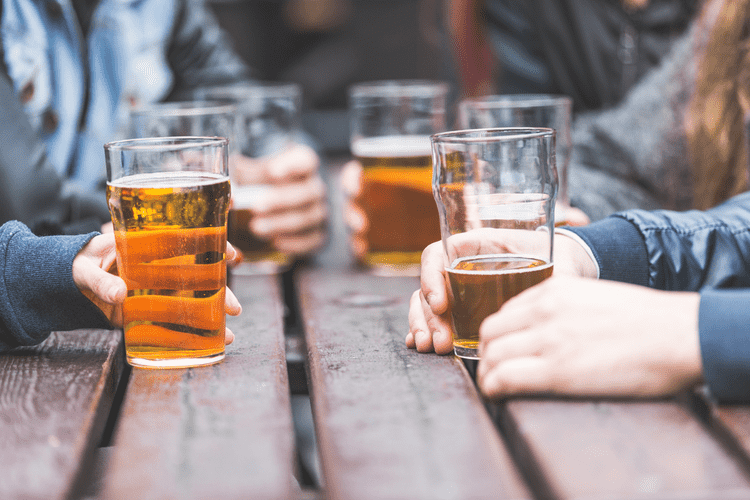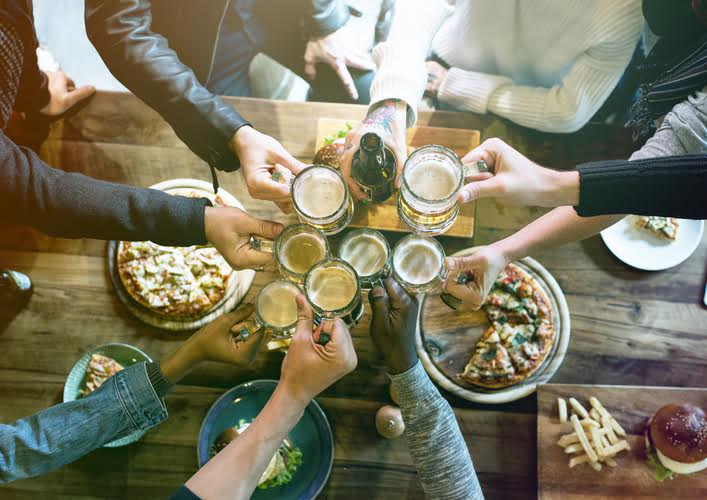Alcohol impacts our sleep, relationships, weight, risk for serious chronic conditions and more. At True Self Recovery in Arkansas, we offer free insurance verification for our clients who feel they need some help. When you contact us, we will carry out the thorough analysis of your addiction problem, and then recommend a workable Aetna drug treatment program.
Need help getting care?

As long as you use a drug-free method that also ensures that you understand the psychological aspects of alcohol addiction – these tips will help you. Quitting alcohol alone is harder for some than others, but there’s no need to go it alone. If you’re having difficulty sticking to your goal or just want some extra guidance, consider reaching out for professional support. At the end of the day, one of the most important tools you have at your disposal is self-compassion.
Tips and Ways to Deal with Urges and Cravings to Drink
It could be helpful to evaluate what has worked for you in the past when overcoming a difficult task and implementing the same strategy. Journaling helps you process your thoughts and track your journey. Start by writing about your drinking habits, your triggers, your emotions and your victories. You don’t need to be a writer—just be honest with yourself and nonjudgmental. There are effective treatment approaches that can help you quit, so talk to your doctor or a mental health professional if you need more help finding options that will work for you.
- You may notice less heartburn, gassiness, bloating and stomach pain, and your bowel movements may become more normal.
- Understanding setbacks as learning opportunities helps you return to recovery faster with valuable insights.
- Fortunately, on December 19, 2016, I got off that hamster wheel for good.
- You will need powerful reasons to stay committed to it; otherwise, environmental and peer pressures will drag you off the wagon.
How Do You Maintain Long-term Sobriety and Prevent Future Relapses?

Changing unhealthy behaviors such as smoking, overeating, or drinking too much can take a lot of effort, and you may not succeed with the first try. You need to find new hobbies to take the place of things you used to do while drinking. You need to find new activities and people to socialize with if How to Stop Drinking all of your previous social activities revolve around boredom.
The safest way to stop drinking is with a structured plan that includes medical supervision, a support system, and coping strategies for withdrawal symptoms. Trying to quit without preparation can lead to relapse or health risks. Measuring progress and staying motivated while quitting alcohol involves tracking milestones, setting clear goals, and rewarding achievements.
- Since everyone in the social environment drinks, you’ll automatically feel pressure to drink.
- This may mean giving up certain friends and social connections.
- Cognitive Behavioral Therapy (CBT) modifies negative thought patterns related to drinking and equips individuals with coping strategies.
If you have withdrawal symptoms, such as trembling hands, when you go without alcohol, you should not try to quit on your own. If you have been a heavy drinker for a long time, you may need a more intensive program. Ask your provider to recommend an alcohol treatment program for you.
Ideally, health care providers will one day be able to identify which AUD treatment is most effective for each person. These advances could optimize how treatment decisions are made in the future. Cognitive–behavioral therapy can take place one-on-one with a therapist or in small groups. The goal is to change the thought processes that lead to alcohol misuse and to develop the skills necessary to cope with everyday situations that might trigger alcohol misuse. If you’re looking for ways to stop drinking alcohol, you’re not alone.
Boredom, Anhedonia, and Dull Moods After Quitting:
Such e-health tools have been shown to help people overcome alcohol problems. Your health care provider can help you evaluate the pros and cons of each treatment setting. Many health care providers can play a role in treatment. Below is a list of some of the providers who are typically involved in alcohol treatment and the type of care they may offer. If you have any of these symptoms, alcohol may already be a cause for concern.
This could include everything from anger management classes to nutrition advice. An urge to drink can be set off by external triggers in the environment and internal ones within yourself. Also, Drug rehabilitation consider giving back along your recovery journey. Even if you’ve only been sober for 1 day, there’s someone who can use your guidance that is at day 0. They also give useful ideas for support strategies and even more tips to help you to get your drinking under control.
Pinpoint Your Triggers

Discover affordable rehab centers near you, offering easy access and convenience. Stay close to family and friends while getting the support you need. The more prepared you are, the less panicked you’ll feel and the less impulsive decisions you’ll make.
It’s common for the first symptoms to appear within a few hours after your last drink. Start by seeking professional help if you haven’t already. But let’s say you’ve gotten past those initial milestones and aren’t wrestling with monster cravings multiple times per day. It’s time to think about maintaining sobriety long-term.






